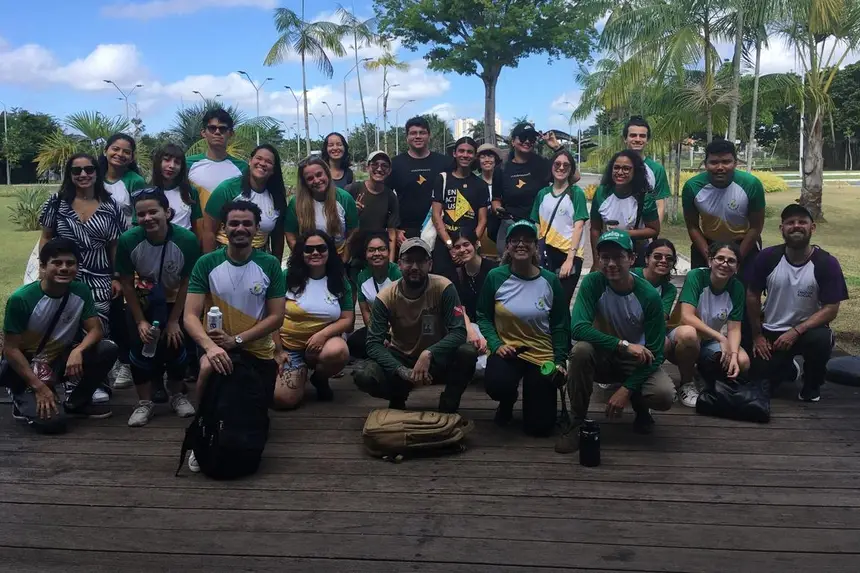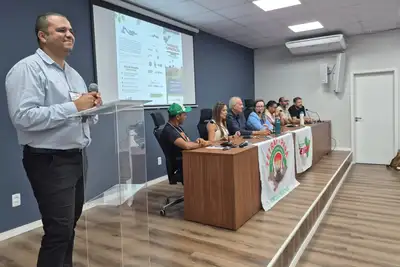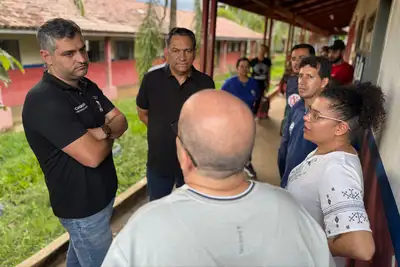Entrepreneurial youth learns about the Ararajubas Project and Amazonian biodiversity at the Utinga State Park
The young people were able to follow the stages of the reintroduction project for ararajubas (Guaruba guarouba), a species that symbolizes the Amazonian fauna, and understand how the recovery of threatened populations is directly linked to the preservation of ecosystems.
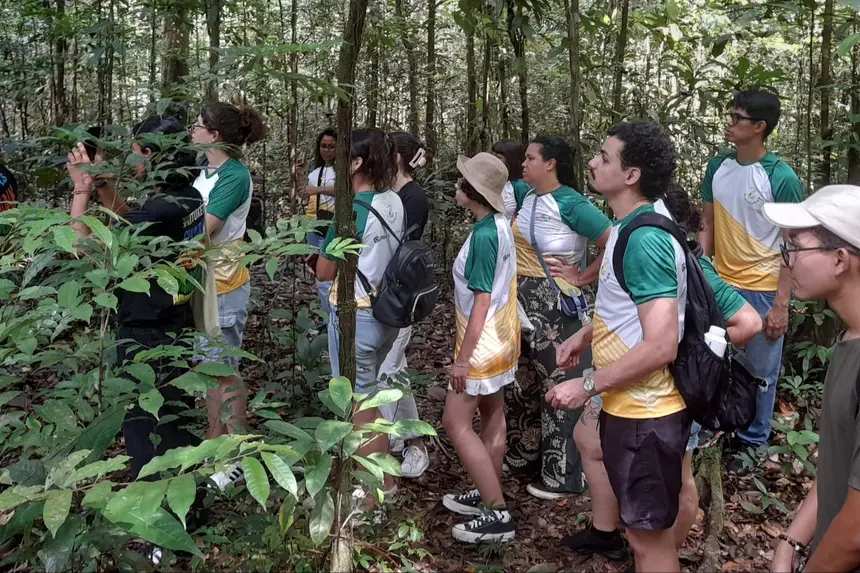
University students from various regions of Brazil participated in a guided visit to the Utinga State Park in Belém to closely learn about the Reintroduction and Monitoring Project for Ararajubas, an initiative led by the Institute for Forest Development and Biodiversity (Ideflor-Bio), in partnership with the Lymington Foundation. The activity was part of the summer action program of Enactus Brazil, an international network that promotes sustainable entrepreneurship among university students.
During the visit, the young people were able to follow the stages of the reintroduction project for ararajubas (Guaruba guarouba), a species that symbolizes the Amazonian fauna, and understand how the recovery of threatened populations is directly linked to the preservation of ecosystems and the actions of public institutions and civil society. The program was coordinated by the Biodiversity Management and Directorate of Ideflor-Bio, with support from the Management of the Utinga State Park.
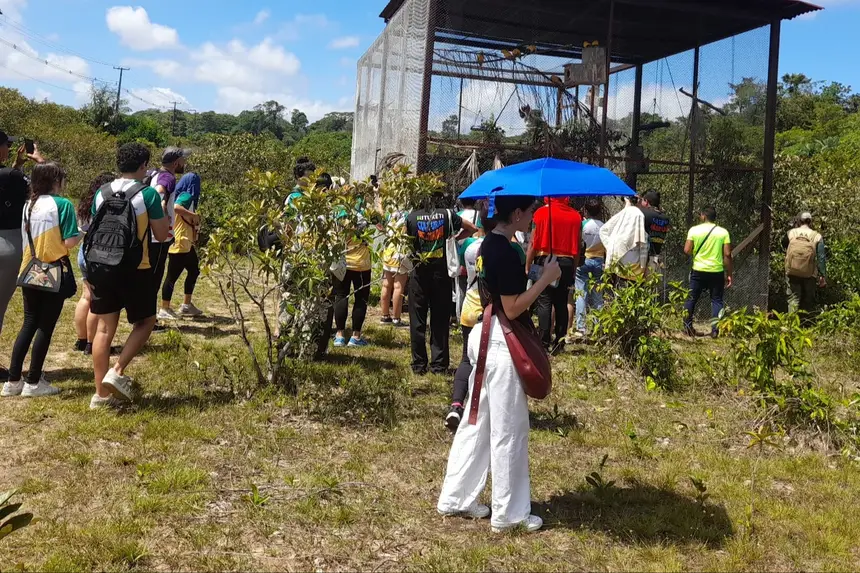
In addition to immersing in the project with the ararajubas, the visitors walked ecological trails in the Park, observed native species of fauna and flora, and participated in discussion circles on sustainability, green entrepreneurship, and biodiversity conservation strategies. Representing states such as Rio de Janeiro, São Paulo, Sergipe, Minas Gerais, Pernambuco, Mato Grosso do Sul, Pará, and the Federal District, the students highlighted the experience as an inspiring moment of connection with the Amazon.
Immersion - "Welcoming these young leaders and showing them the work of reintroducing the ararajuba into its natural habitat is also about training multipliers of care for biodiversity. It is gratifying to see their enchantment with the forest and our fauna," said Mônica Furtado, biodiversity manager at Ideflor-Bio.
Enactus Brazil encourages the creation of social and environmental projects led by students in their universities and communities. According to the professors who accompanied the delegation, understanding the Amazonian reality and experiencing practical conservation experiences strengthens the training of these future sustainable entrepreneurs. "This visit is a unique learning opportunity. The reception was emotional, and we all left impacted by the beauty of the forest and Pará's commitment to biodiversity," highlighted one of the professors.
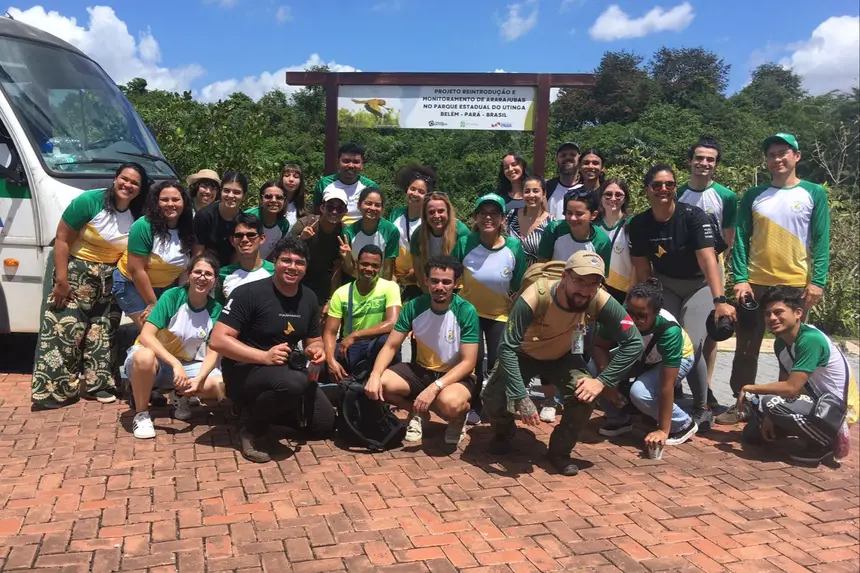
Reference - The Reintroduction and Monitoring Project for Ararajubas is a reference in conservation, combining scientific actions with environmental education. The birds, which were considered extinct in the surroundings of Greater Belém until recently, now have the chance to live freely in nature, in the heart of urban Amazonia.
In just over eight years, the initiative has already returned more than 50 birds to the skies, reinforcing the commitment of the Government of Pará, through Ideflor-Bio, to strengthening environmental public policies, as well as engaging youth in building innovative and sustainable solutions to the ecological challenges of the present and future.



